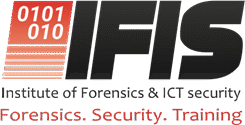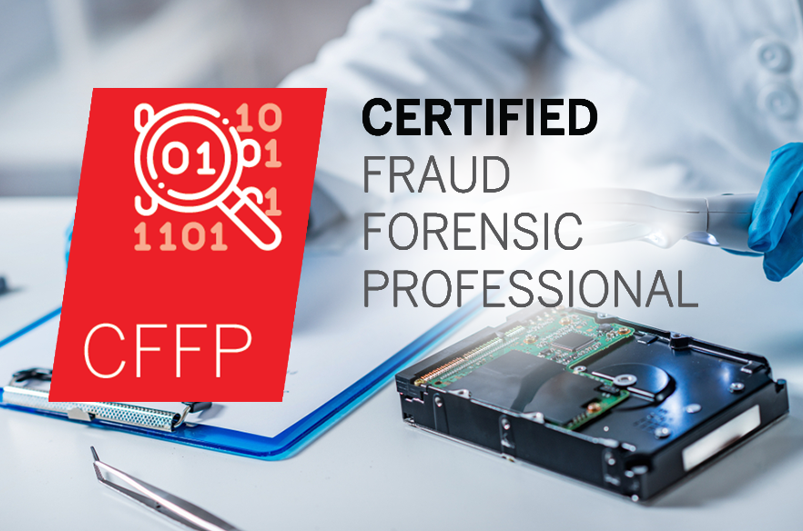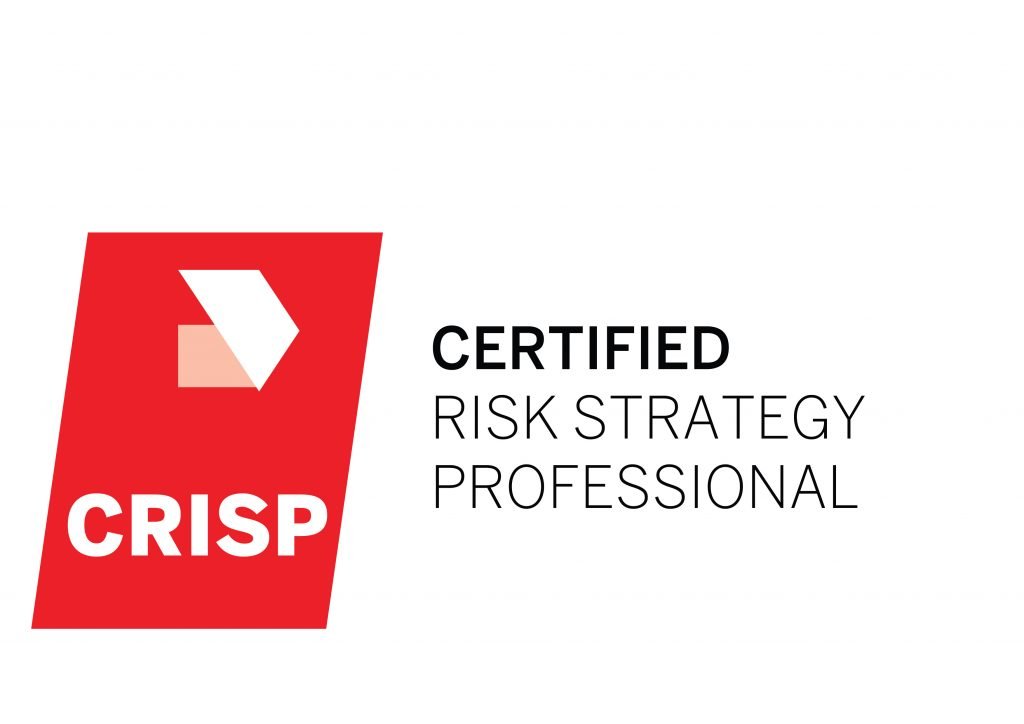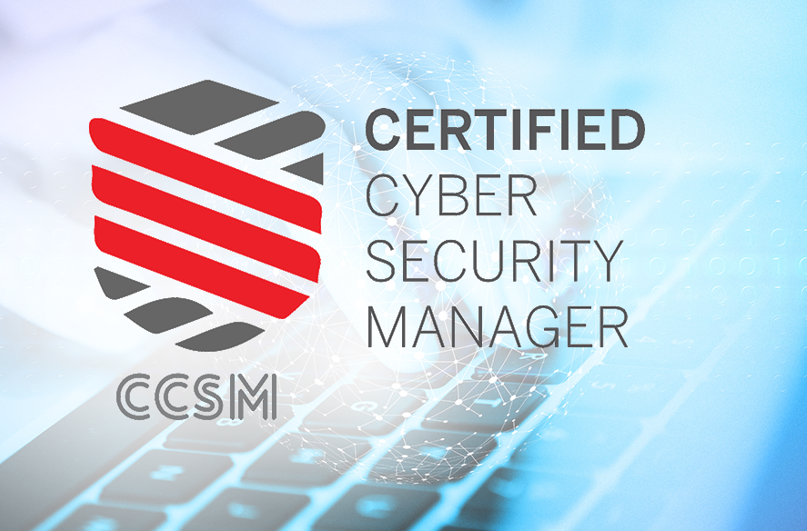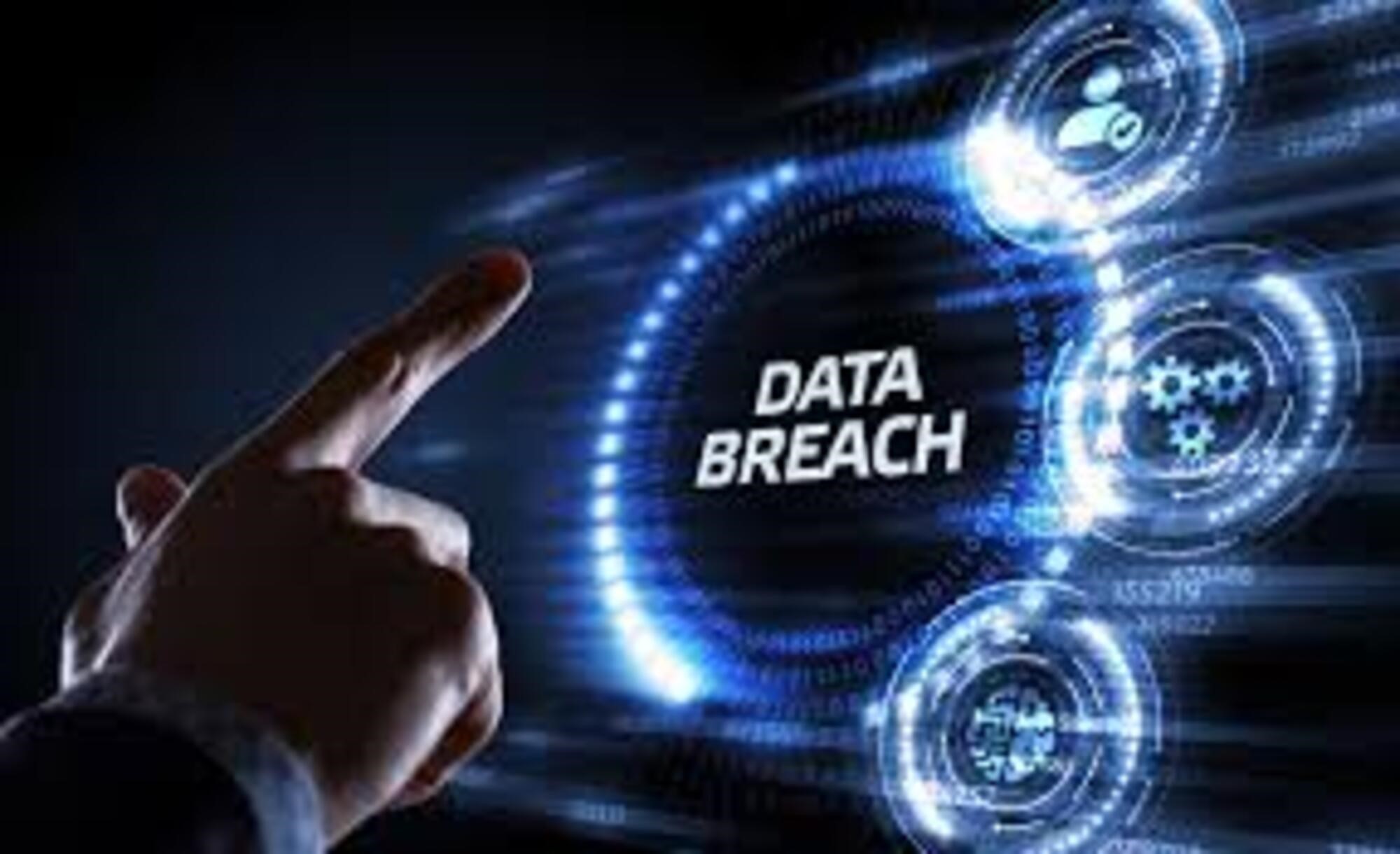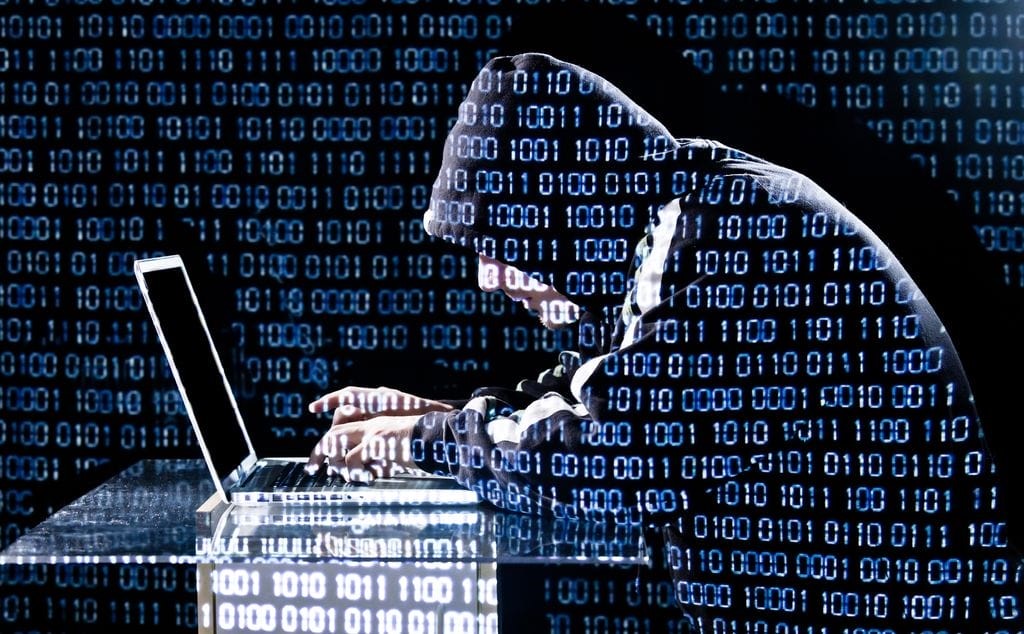Domains of Expertise
Successful candidates master the following key domains:
- Foundations of Fraud and Forensic Investigation
Covers the fundamentals of fraud detection, ethical considerations, and the integration of forensic science methodologies.
- Digital Forensics in Fraud Investigations
Focuses on collecting, preserving, and analyzing digital evidence, network forensics, and presenting findings in legal proceedings.
- Financial Forensics and Fraud Detection
Includes forensic accounting techniques, asset tracing, financial statement fraud detection, and anti-money laundering investigations.
- Criminal Investigations and Expert Witnessing
Explores investigative techniques, evidence admissibility, collaboration with law enforcement, and courtroom testimony as an expert witness.
- Fraud Prevention and Risk Management
Emphasizes designing anti-fraud programs, conducting fraud risk assessments, leveraging technology for prevention, and fostering organizational integrity.
Experience Requirements
Candidates for the CFFP certification must meet the following criteria:
- Minimum Work Experience
- Two years of professional experience in fraud investigations, forensic accounting, external or internal auditing, cybersecurity, or law enforcement.
- One year of experience in a managerial or team leadership role is preferred.
- Relevant Roles and Domains
- Experience in fraud prevention, digital forensics, or financial investigations.
- Work spanning two or more of the five CFFP domains.
Candidates without the requisite experience can pursue the certification by completing the required training and passing the certification exam. They will have two years to gain the necessary professional experience to become CFFP Certified Members; otherwise, they stay are CFFP Certified Associate Members.
Accreditation and Value of the Certification
The CFFP certification is a rigorous program aligned with globally recognized standards like ISO/IEC 17024, ensuring credibility and relevance for fraud and forensic professionals worldwide. Its emphasis on practical skills ensures graduates can immediately apply their knowledge in real-world situations, setting them apart in their fields. The course is practical and gives skills to the holders that are in high demand in any country.
Job Task Analysis (JTA)
Like all courses offered at IFIS, the CFFP certification undergoes regular Job Task Analysis to ensure it reflects evolving fraud investigation practices and technologies. This process involves gathering industry feedback to update domains and examination content, ensuring the certification remains relevant to contemporary challenges.
